Phonics skills development Phonics Worksheets for Ages 3-4
5 filtered results
-
From - To
Discover engaging Phonics Worksheets designed for children ages 3-4, perfect for building essential phonics skills! Our carefully crafted activities help young learners identify sounds, recognize letters, and develop early reading abilities through interactive practice. These phonics worksheets encompass a variety of fun exercises, including matching, tracing, and letter recognition, ensuring that learning remains playful and enjoyable. Ideal for preschool settings or home learning, these resources provide a strong foundation in phonemic awareness, setting your child on the path to reading success. Explore our collection today and foster a love for literacy in your little ones!
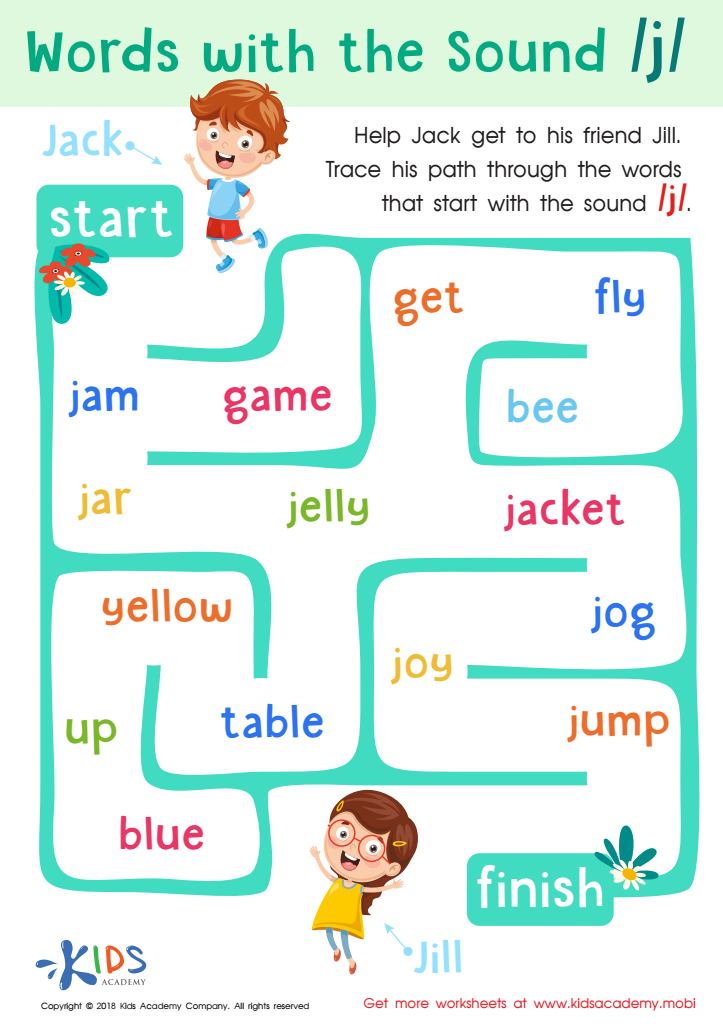

Words with sound j Reading Worksheet
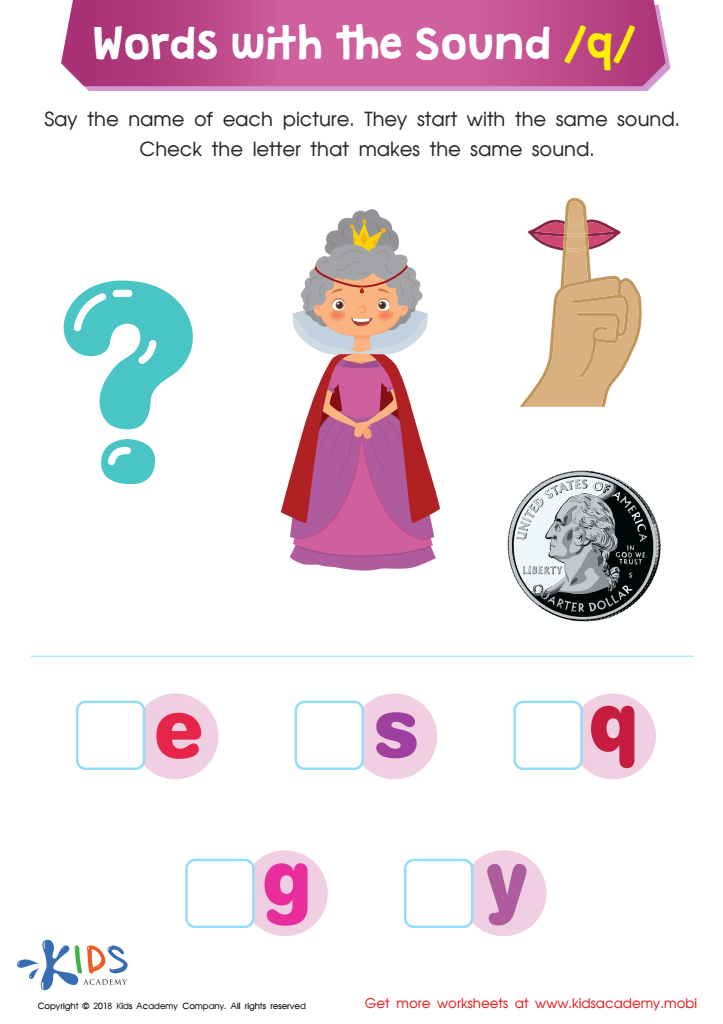

Words with Sound Q Reading Worksheet
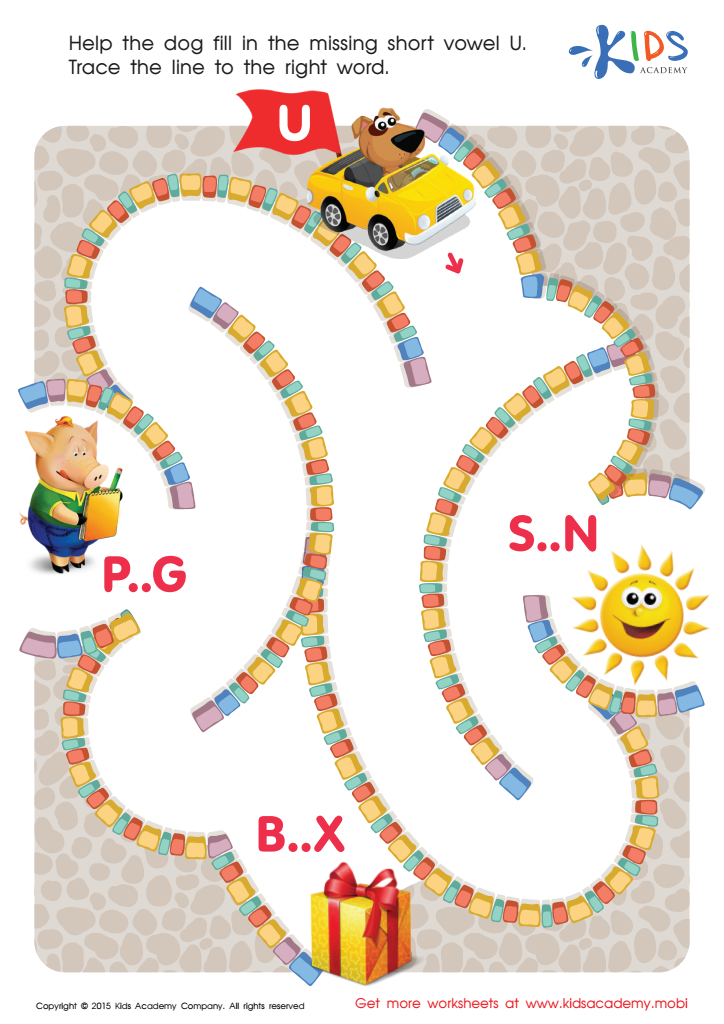

Short Vowel Sound U Worksheet
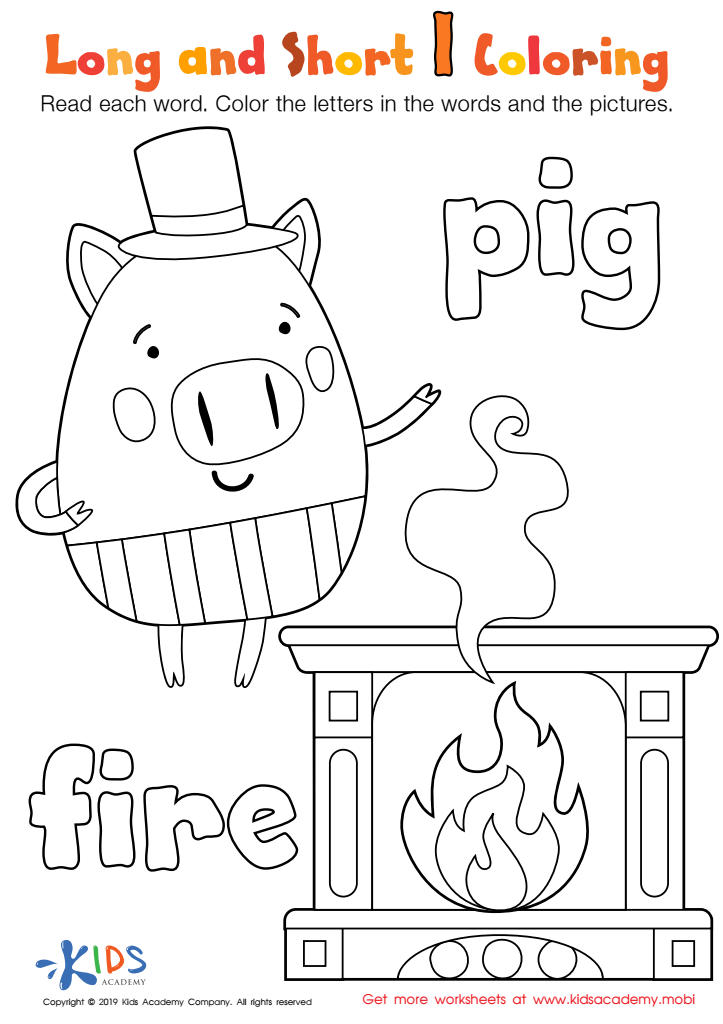

Long and Short I Worksheet
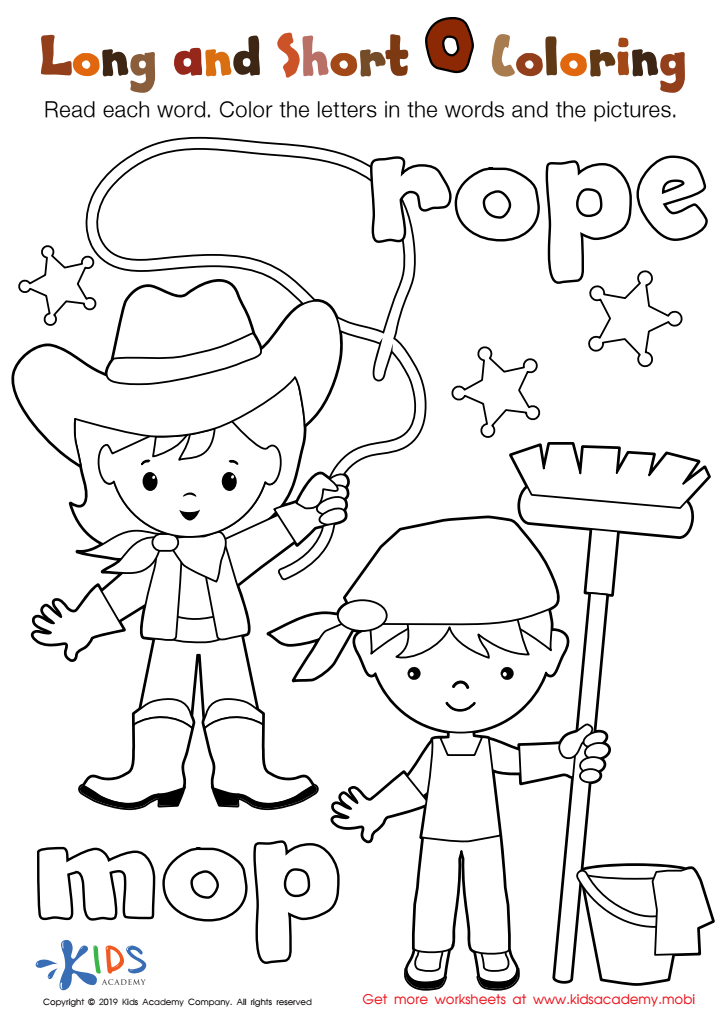

Long and Short O Worksheet
Parents and teachers should prioritize phonics skills development for children aged 3-4 because it lays the foundation for successful reading and writing. Phonics, the relationship between sounds and their corresponding letters or letter combinations, is crucial for early literacy. At this age, children are naturally curious and eager to learn, making it a prime time to introduce phonics concepts through engaging activities like songs, rhymes, and games.
Developing phonics skills enhances children's ability to decode words, which aids in reading fluency and comprehension. As they learn to recognize letter sounds, children gain the confidence to blend sounds into words, promoting independence in reading. Early phonics instruction also supports vocabulary growth and helps children understand the structure of language, which is foundational for effective communication.
Moreover, strong phonics skills can lead to greater academic success later on. Research shows that children who develop these skills early on are less likely to struggle with reading and writing as they progress through school. Therefore, investing time in phonics activities can set children on a path to become proficient readers and lifelong learners, while also fostering a love for literacy from a young age.
 Assign to My Students
Assign to My Students
















